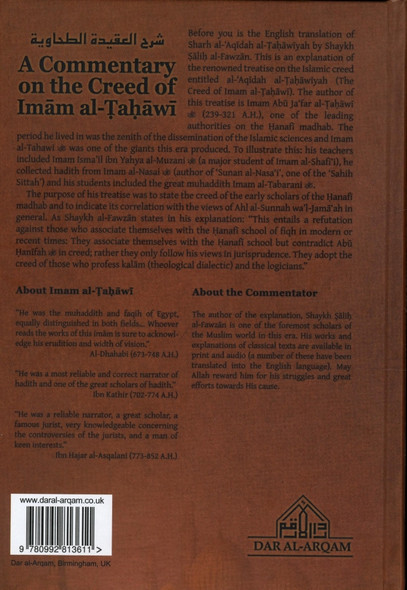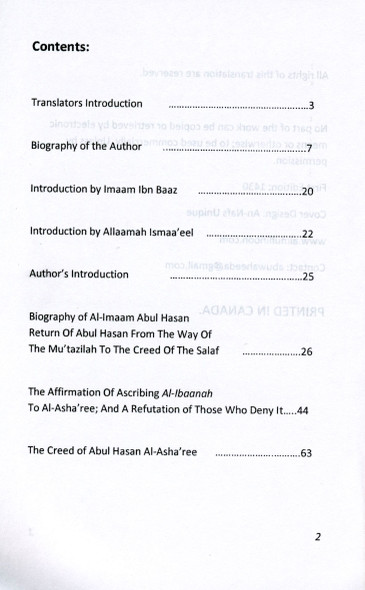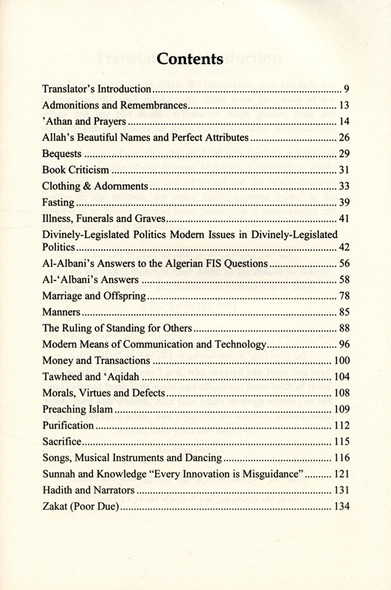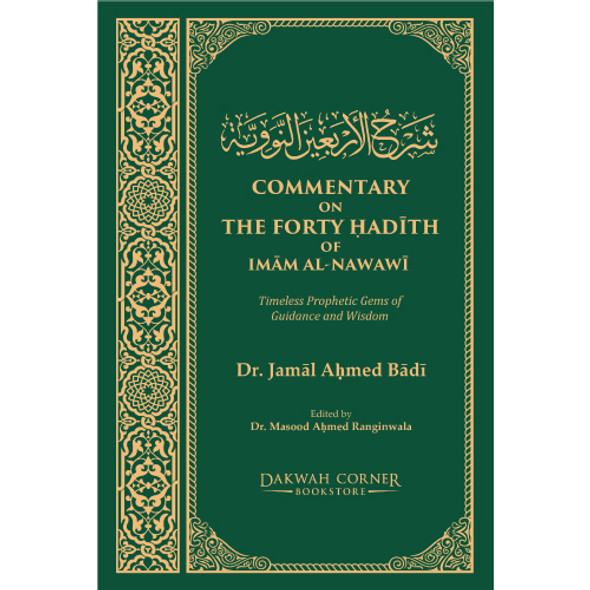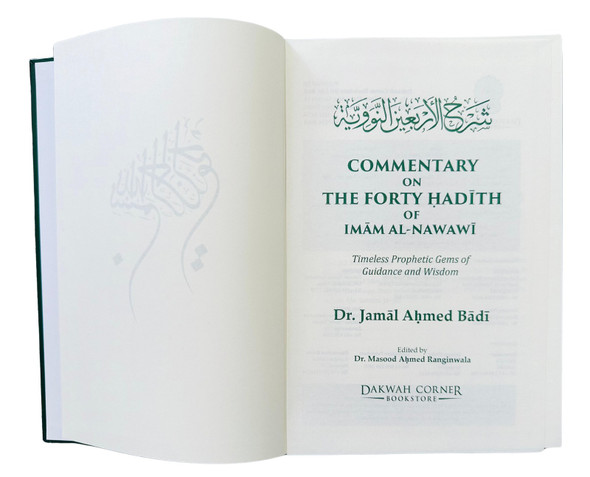Description
Imam Abu Ja’far At-Tahawi | Expl: Shaikh Saalih Al-Fawzan
Creed is the basis of religion. It is the substance of the first pillar of Islam, the testimony that there is no [deity worthy of worship except] Allah and Muhammad (peace and blessings be upon him) is the Messenger of Allah. Therefore much focus has to be given to it. It has to be learned, and so does that which infringes it, so that man becomes discerning and upon the correct belief. Because if someone’s faith is based on a correct foundation, it is valued and accepted by Allah; but if it is based on shaky and precarious beliefs, or on incorrect beliefs, then it is not correct and has no foundation. This is why the scholars gave such precedence to creed and why they never slackened in teaching it during their lessons and on special occasions. And the later generations related it from the earlier ones.
As time passed, the sects and disagreements appeared, and Islam was accepted by those in whose hearts the creed was not firmly grounded, or by those who entered into the religion whilst having deviant ideas, and some new Muslims did not refer to the Quran and Sunnah for matters of creed, instead referring to theories and methodologies that the people of error founded on their own accord. The rise of these occurrences created the need for the Muslim imams to teach and revise the correct creed as well as write it and narrate it from the learned ones of the Ummah. Therefore, they wrote literature on creed and were very much concerned with it. This literature became a reference point for the Muslims who would come later, right until the coming of the Hour.
Among these imams who wrote about the creed of the Salaf was al-Imam Abu Ja’far Ahmad ibn Muhammad al-Tahawi, who was a scholar from the third century in Egypt. He wrote this creed according to the views of Ahl al-Sunnah in general, which includes al-Imam Abu Hanifah al-Nu’man in Thabit al-Koofi – who was the earliest of the four imams and met the Tabi’un and related from them – as well as his two disciples: Abu Yüsuf and Muhammad al-Shaybani and the imams of the Hanafi school of jurisprudence.
.


















